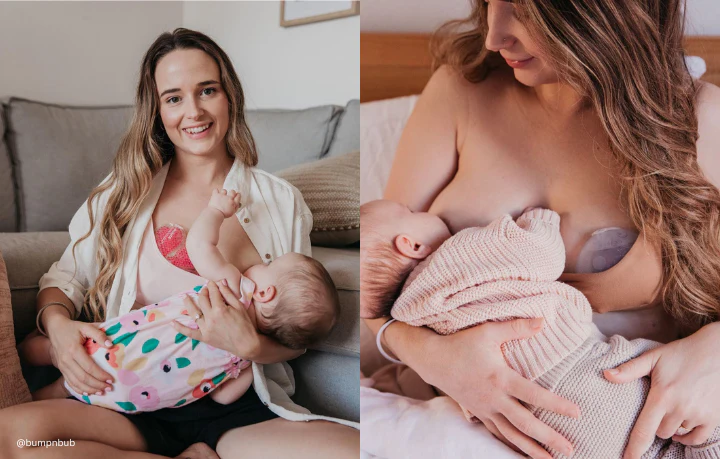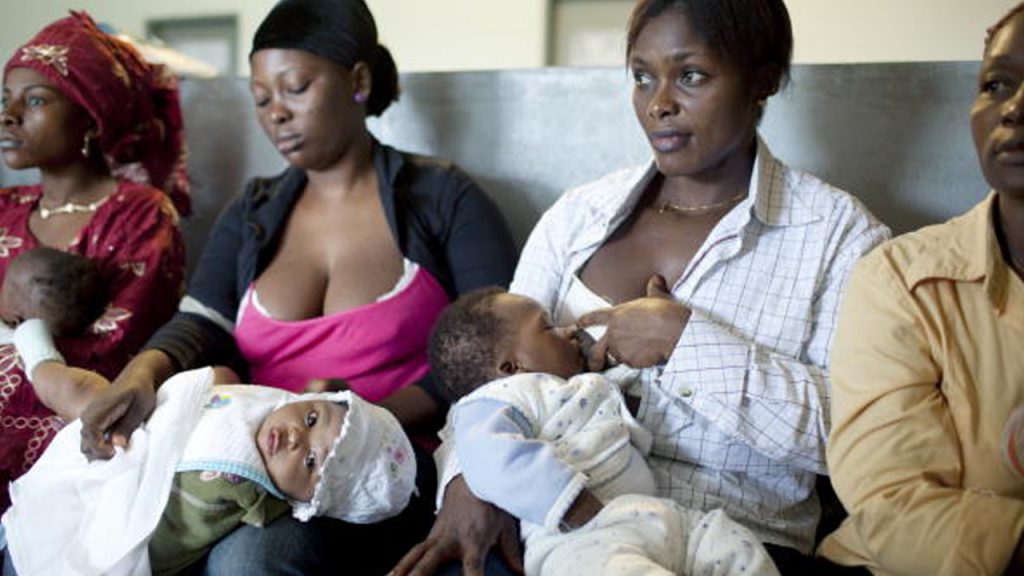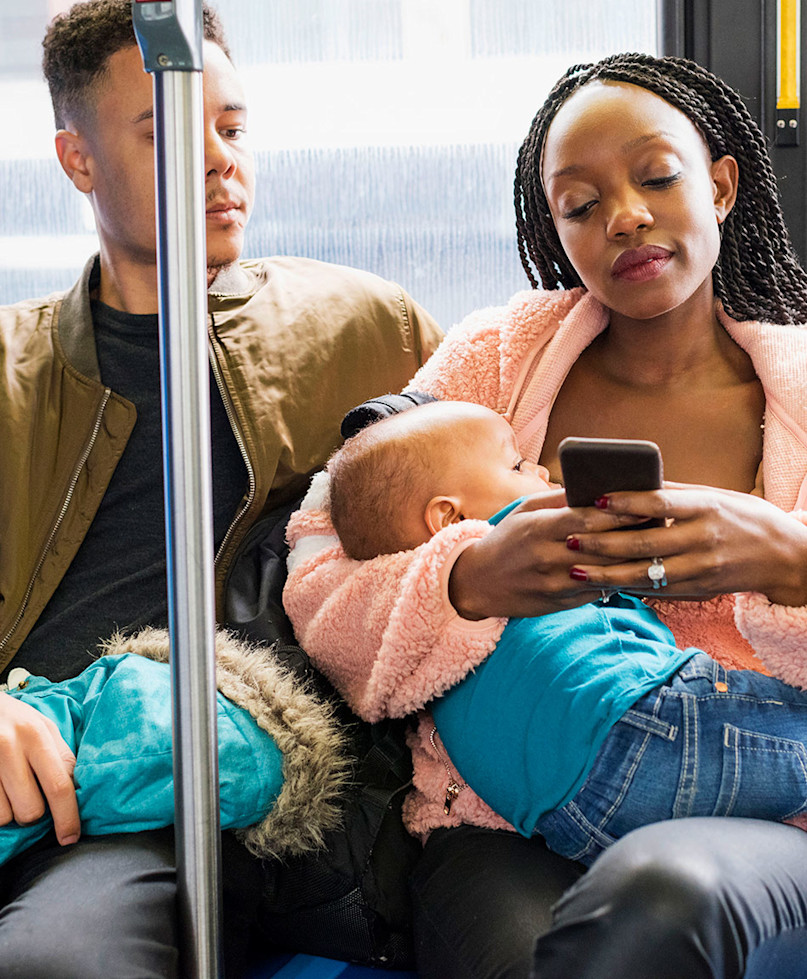World Breastfeeding Day7: I Chose the Bottle — But Here’s What I Wish I Knew Earlier

I’ll be honest — when I became a mum, I wanted to get everything right. The matching outfits, the cute baby bag, the glow-up photos, and of course, the perfectly mixed formula. I’m a Gen Z parent — we like things fast, neat, and, well… Instagrammable.
Exclusive breastfeeding? It felt too raw, too uncomfortable, and if I’m being brutally honest, too exposing.
“Fed is best,” they said — and yes, that’s true. But what many of us don’t talk about is how we feed — and what we’re choosing to give up in the process.
“I Chose the Bottle — But Here’s What I Wish I Knew About Breastfeeding”
I’ll be honest — when I became a mum, I wanted to get everything right. The matching outfits, the cute baby bag, the glow-up photos, and of course, the perfectly mixed formula. I’m a Gen Z parent — we like things fast, neat, and, well… Instagrammable.
Exclusive breastfeeding? It felt too raw, too uncomfortable, and if I’m being brutally honest, too exposing.
I remember the first time I tried to breastfeed in public. I was in a café with a few other mums, and my baby started fussing — hungry and restless. I reached for the bottle without thinking twice. It was quicker, quieter, and honestly, it saved me from the panic of baring even an inch of my body in a space where people could judge me.
After that day, I stopped trying altogether.
Why So Many Gen Z Mums Skip Breastfeeding
We’re not lazy — we’re just juggling a lot. Between remote work, social pressure, unrealistic beauty standards, and the constant need to “snap back,” breastfeeding doesn’t always fit the vibe. Add public breastfeeding into the mix, and it becomes even harder.
Too many of us shy away from nursing in public — not because we don’t want to feed our babies, but because we’re scared of how people will look at us. The stares, the whispers, the awkward glances — as if feeding your child is something shameful. To protect ourselves from embarrassment, we sometimes delay feeding, cut breastfeeding short, or rely on formula — even when we’d rather not.
What I Didn’t Know Then
According to World Health Organization (WHO) and UNICEF, exclusive breastfeeding for the first six months of life isn’t just ideal — it’s life-saving. Breast milk contains antibodies that protect against respiratory infections, diarrhea, and even sudden infant death syndrome (SIDS). It also reduces the risk of obesity and chronic diseases later in life.
And for mothers? Breastfeeding helps the uterus contract, reduces postpartum bleeding, and lowers the risk of breast and ovarian cancers. It’s not just good for baby — it’s healing for mum too.
WHO also reports that more than 820,000 children’s lives could be saved each year globally if all infants under six months were exclusively breastfed. That’s not just data — that’s a wake-up call.
READ ALSO: Kogi trains 10,000 health workers to combat malnutrition
My Turning Point
After a few months of formula feeding, I started noticing little things: my baby got sick more often than my friend’s child who breastfed exclusively. I spent more on formula than I expected. I also felt… disconnected. Bottle feeding gave me convenience, but I missed the closeness — the skin-to-skin bonding everyone talked about.
I started reading up on breastfeeding again and joined an online support group. For the first time, I didn’t feel alone. I discovered tips, got encouragement, and slowly, I tried again — even in public. Yes, it was awkward at first. But every time I fed my baby without shame, I felt a little more powerful.

To Every Young Mum Feeling Ashamed to Breastfeed in Public
Please don’t let society silence your baby’s cry. If your baby is hungry, feed them. Breastfeeding is not indecent — it’s natural, necessary, and noble.

You are not less because you choose to nurse in public. You are not extra for demanding support at work or school to pump. You’re brave. You’re nurturing. You’re doing exactly what you were made to do.
Let’s normalize public breastfeeding. Let’s stop whispering and start applauding the women who rise above the shame to give their children the best.
Final Thoughts
Breastfeeding isn’t always easy. But it’s worth it. It’s a commitment to your baby’s future health, growth, and happiness. If you can breastfeed, try. If you feel shy, talk about it. If you need help, ask for it — because you’re not alone.
This International Breastfeeding Week, I’m not posting a filtered baby bottle. I’m sharing my truth — and encouraging other mums to trust their instincts, embrace their power, and feed without fear.
You’ve got this, mama.








